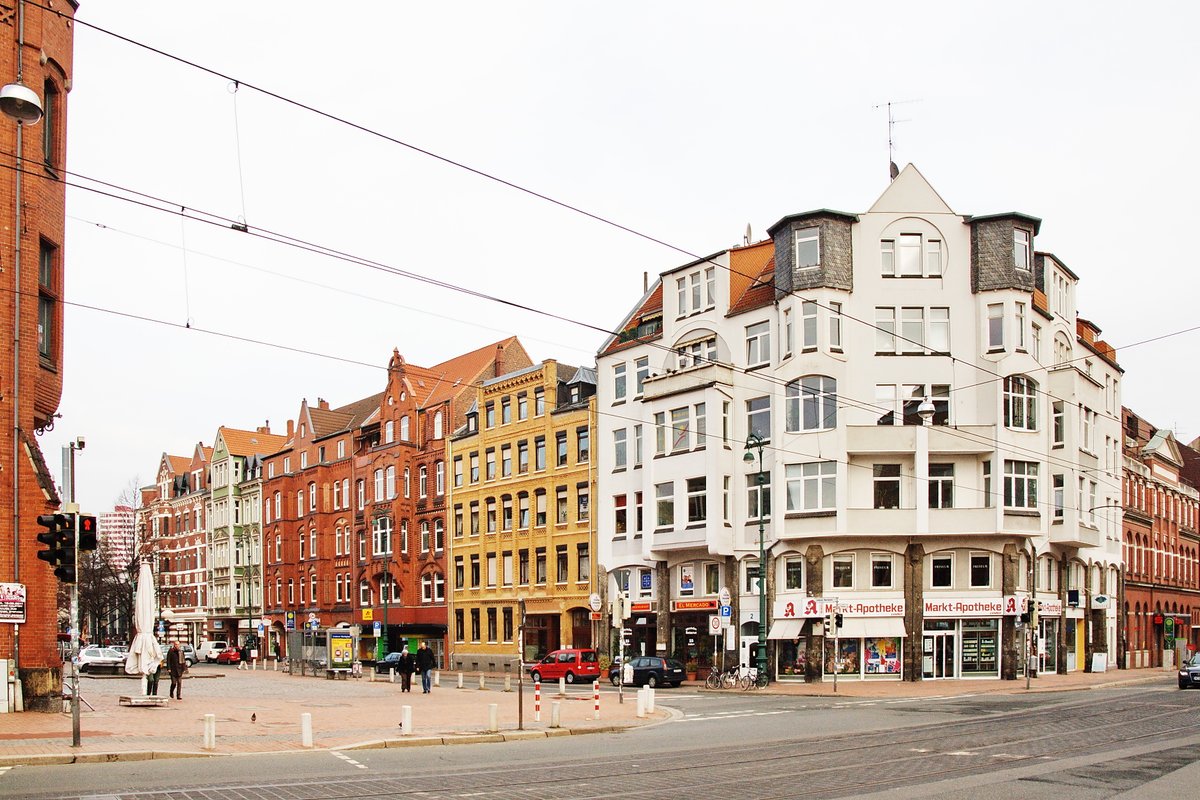
"Johanna Arendt was born in Linden, Hannover, Germany on 14 October 1906 at a quarter past nine on a Sunday evening."
— Martha Cohn
#HappyBirthdayHannahArendt
📸Martha's Kinderbuch

— Martha Cohn
#HappyBirthdayHannahArendt
📸Martha's Kinderbuch


"Her independence and idiosyncrasy were actually based in a true passion she had conceived for anything odd. Thus, she was used to seeing something noteworthy even in what was apparently the most natural and banal."
— Hannah Arendt, 1925
📸Shadows (A self-portrait)

— Hannah Arendt, 1925
📸Shadows (A self-portrait)


Hannah Arendt’s copy of her dissertation Der Liebesbegriff Bei Augustin (Love and Saint Augustine). It was published in 1929 by Springer when she was 23.
It nearly didn't survive the war. She dropped it in the bathtub in exile in Paris.


It nearly didn't survive the war. She dropped it in the bathtub in exile in Paris.



"Life passes, and before you know it youth is gone and age is at hand."
— Hannah Arendt, Rahel Varnhagen
Arendt finished writing Rahel Varnhagen in exile, at the urging of Walter Benjamin and Heinrich Blücher. It wasn't published until 1957.

— Hannah Arendt, Rahel Varnhagen
Arendt finished writing Rahel Varnhagen in exile, at the urging of Walter Benjamin and Heinrich Blücher. It wasn't published until 1957.


Hannah Arendt's first major work, The Origins of Totalitarianism, was published in 1951.
Here is the original outline:
Here is the original outline:

Hannah Arendt published The Origins of Totalitarianism the same year she received American citizenship, and legally changed her name from Johanna to Hannah: 

"Plurality is the condition of human action because we are all the same, that is, human, in such a way that nobody is ever the same as anyone else who ever lived, lives, or will live."
― Hannah Arendt
Arendt's 2nd major work, The Human Condition, began as a book about Karl Marx
― Hannah Arendt
Arendt's 2nd major work, The Human Condition, began as a book about Karl Marx

Hannah Arendt's 3rd book, Between Past and Future, began as a history of concepts in political theory. 

Hannah Arendt published Eichmann in Jerusalem and On Revolution in 1963. The reception of On Revolution was quelled by the Eichmann controversy.
Here's a guided reading handout for Eichmann in Jerusalem, and the original cover page:

Here's a guided reading handout for Eichmann in Jerusalem, and the original cover page:


When Hannah Arendt published Men in Dark Times in 1968, she couldn't write her essay about Walter Benjamin in English. She wrote it in German and had Harry Zohn translate it. (There are two versions in the archive.) 

This is my favorite passage from Men in Dark times. It's in one of Hannah Arendt's essay for Karl Jaspers:
"Within this small world he unfolded and practiced his incomparable faculty for dialogue, the splendid precision of his way of listening..."

"Within this small world he unfolded and practiced his incomparable faculty for dialogue, the splendid precision of his way of listening..."


"Half of politics is "image-making", the other half is the art of making people believe the image."
― Hannah Arendt
Crises of the Republic was published in 1972:
― Hannah Arendt
Crises of the Republic was published in 1972:

Hannah Arendt's last work, The Life of the Mind, was never finished. She told Mary McCarthy that the three volume work, Thinking-Judging-Willing felt like "preparing a bomb."
It was to be her crowning achievement.
📸Mary McCarthy's edits:

It was to be her crowning achievement.
📸Mary McCarthy's edits:


When Hannah Arendt died on December 4, 1975 she had just begun typing Judging, the final volume of The Life of the Mind. The title page containing only 2 epigraphs was found in her typewriter by her research assistant Larry May the morning after her death. She was just beginning. 

"We do not know, when a man dies, what has come to pass. We know only: he has left us. We depend upon his works, but we know that the works do not need us. They are what the one who dies leaves in the world..."
― Hannah Arendt
― Hannah Arendt

• • •
Missing some Tweet in this thread? You can try to
force a refresh














